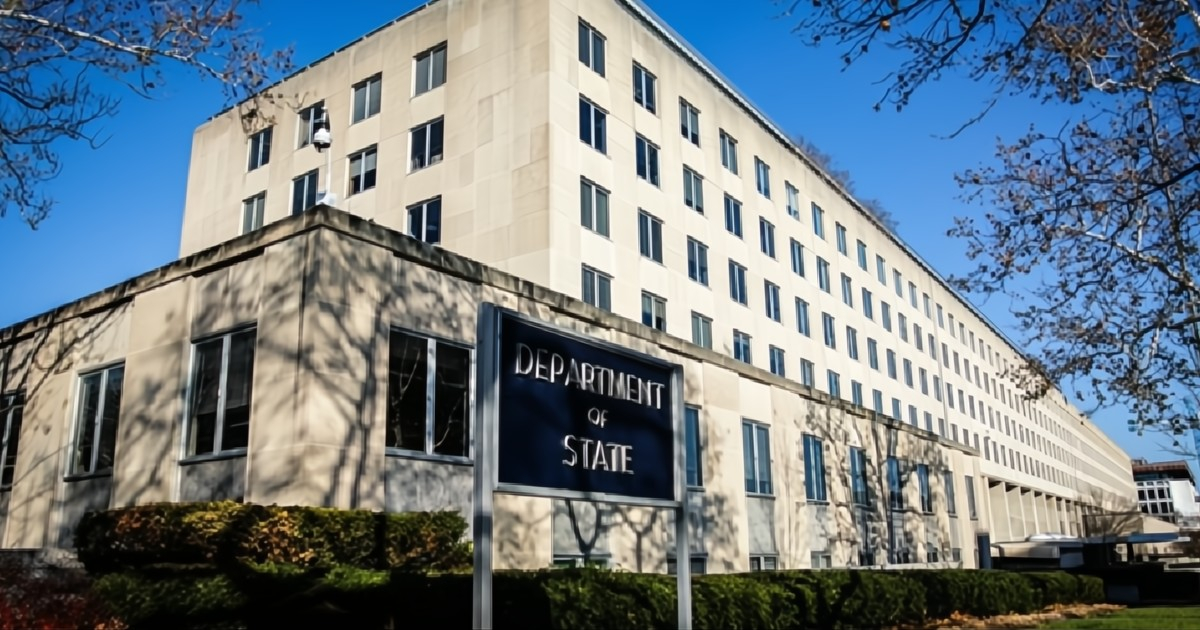
Related videos:
The United States government has requested the extradition of several individuals identified as criminals and terrorists who, according to Washington, are under the protection of Cuban authorities.
This request arises in the context of the recently inaugurated government of President Donald Trump, who reversed the removal of the Island from the list of state sponsors of terrorism, with the protection of criminals being one of the reasons Cuba was included on that list.
In the midst of the commemoration of the 50th anniversary of the tragic bombing at Fraunces Tavern, which occurred in New York in 1975, U.S. Secretary of State Marco Rubio spoke on the subject on his X account.
Rubio stated, "On the 50th anniversary of the tragic bombing at Fraunces Tavern, we honor the memory of those who perished. Cuba continues to harbor and provide safe refuge to American fugitives and terrorists. We demand that American fugitives sought under the protection of the Cuban regime be brought to justice."
Among the individuals whose extradition is requested is William "Guillermo" Morales, an alleged manufacturer of the bomb used in the Fraunces Tavern attack. Morales, a member of the Puerto Rican nationalist group FALN, escaped from a U.S. prison in 1979 and has been residing in Cuba since 1988, according to a note from the Department of State.
“We owe it to the victims and the American people our unwavering commitment to demand that the Cuban regime be held accountable”, concluded the statement.
This recent request is set against a backdrop of fluctuating diplomatic relations and official designations. In January 2021, during his first term, President Donald Trump reincorporated Cuba into the list of state sponsors of terrorism, arguing that the island supported acts of international terrorism by harboring American fugitives and Colombian rebel leaders.
Later, in January 2025, former President Joe Biden decided to remove Cuba from that list as part of an agreement facilitated by the Catholic Church for the release of over 500 prisoners, including those detained during the anti-government protests of 2021.
However, this measure was quickly reversed by President Trump when he assumed his second term on January 20, reinstating Cuba on the list of state sponsors of terrorism.
These actions have created additional tensions between the two countries, with the Cuban government condemning Trump's decision and describing it as "arrogant".
The inclusion of Cuba on the list entails strict economic and diplomatic sanctions, further complicating the already delicate economic situation of the island and impacting bilateral relations.
In this context, the United States' demand for Cuba to extradite individuals considered terrorists and criminals adds to the diplomatic complexities and could influence the future of relations between the two countries.
Frequently Asked Questions about the Request for Extradition of Criminals and Terrorists from Cuba by the United States
Why does the United States request the extradition of criminals and terrorists to Cuba?
The United States requests the extradition of criminals and terrorists to Cuba, asserting that the Cuban regime provides safe harbor for American fugitives wanted by justice. Among them is William "Guillermo" Morales, involved in the bombing of Fraunces Tavern in 1975. This action aligns with the United States' policy of holding Cuba accountable for its alleged support of international terrorism.
How does Cuba's inclusion on the list of state sponsors of terrorism affect its relations with the United States?
The inclusion of Cuba in the list of state sponsors of terrorism exacerbates diplomatic and economic tensions between the two countries. This designation entails severe economic sanctions that hinder trade and international cooperation, complicating any attempts to improve bilateral relations. Furthermore, it generates political tensions by increasing pressure on Cuba to change its stance regarding the sheltering of fugitives.
What stance has the Cuban government taken in response to the accusations from the United States?
The Cuban government rejects the accusations from the United States, describing its inclusion on the list of state sponsors of terrorism as an "imperialist attack." Cuban authorities argue that the accusations are baseless and are used by Washington to justify coercive measures that impact the Cuban people. This stance reflects the regime's refusal to acknowledge the United States' concerns regarding the harboring of fugitives.
What impact do the sanctions associated with the terrorism list have on the Cuban economy?
The economic sanctions imposed on Cuba due to its inclusion on the list of state sponsors of terrorism exacerbate the island’s economic difficulties. These sanctions include export restrictions, financial limitations, and controls over dual-use goods, making it challenging for Cuba to access international trade and foreign aid. This contributes to worsening the economic and social situation in the country.
Filed under: